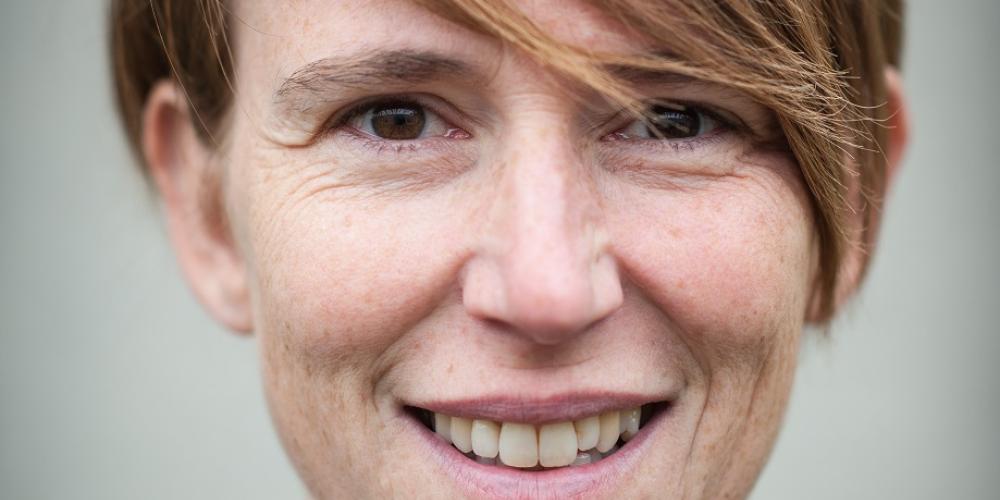
The Technology Networks publication annually lists the most important neuroscience developments. VUB prof Ann Massie is number three in the top ten. Ann Massie and her team have discovered a strategy that results in extended lifespan and combats memory loss during the ageing process. 2022 was an important year in neuroscience, according to Technology Networks, with discoveries about the origins of multiple sclerosis to a potential new drug for Alzheimer's disease.
Professor Massie's team is investigating the function of the so-called cystine/glutamate antiporter system xc- in healthy and diseased brains. Through the export of glutamate, this system xc- can exert a modulating effect on synaptic communication in the brain. However, when too much glutamate is released, it can be toxic to brain cells. The research group's publication in Molecular Psychiatry now shows that absence of system xc- has positive effects on mouse longevity, and more importantly, on the functioning of the aging mouse brain.
Ann Massie: "We see in the laboratory that mice age and there is no memory loss during the aging process when there is no system xc-. The function of the hippocampus, a brain region that is very sensitive to age-related decline and crucial to our memory, is preserved in these mice. This is against all expectations, because we had actually expected the aging process to be accelerated in mice lacking system xc- ."
The complete overview of The Top 10 Neuroscience Stories of 2022 van Technology Networks: www.technologynetworks.com/neuroscience/articles/the-top-10-neuroscienc…
The original press release: https://press.vub.ac.be/unexpected-element-in-aging-process-discovered